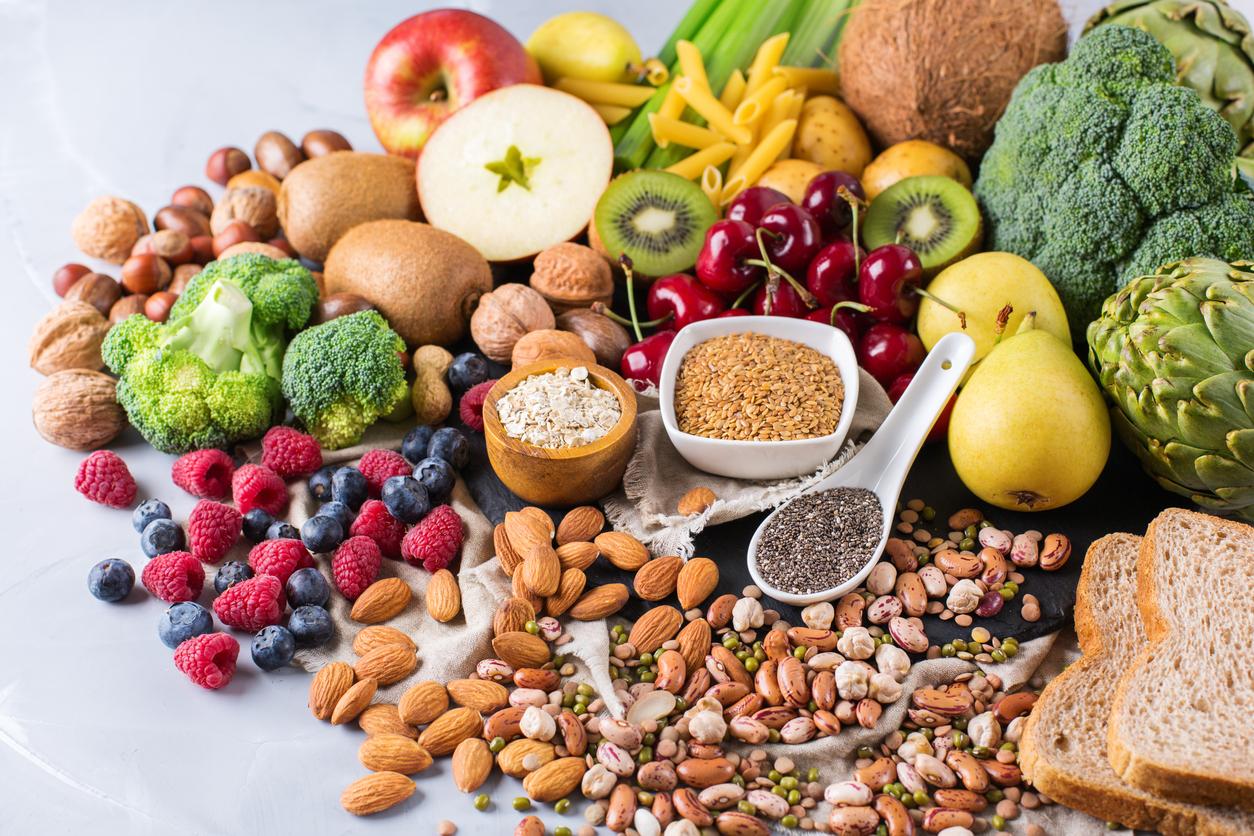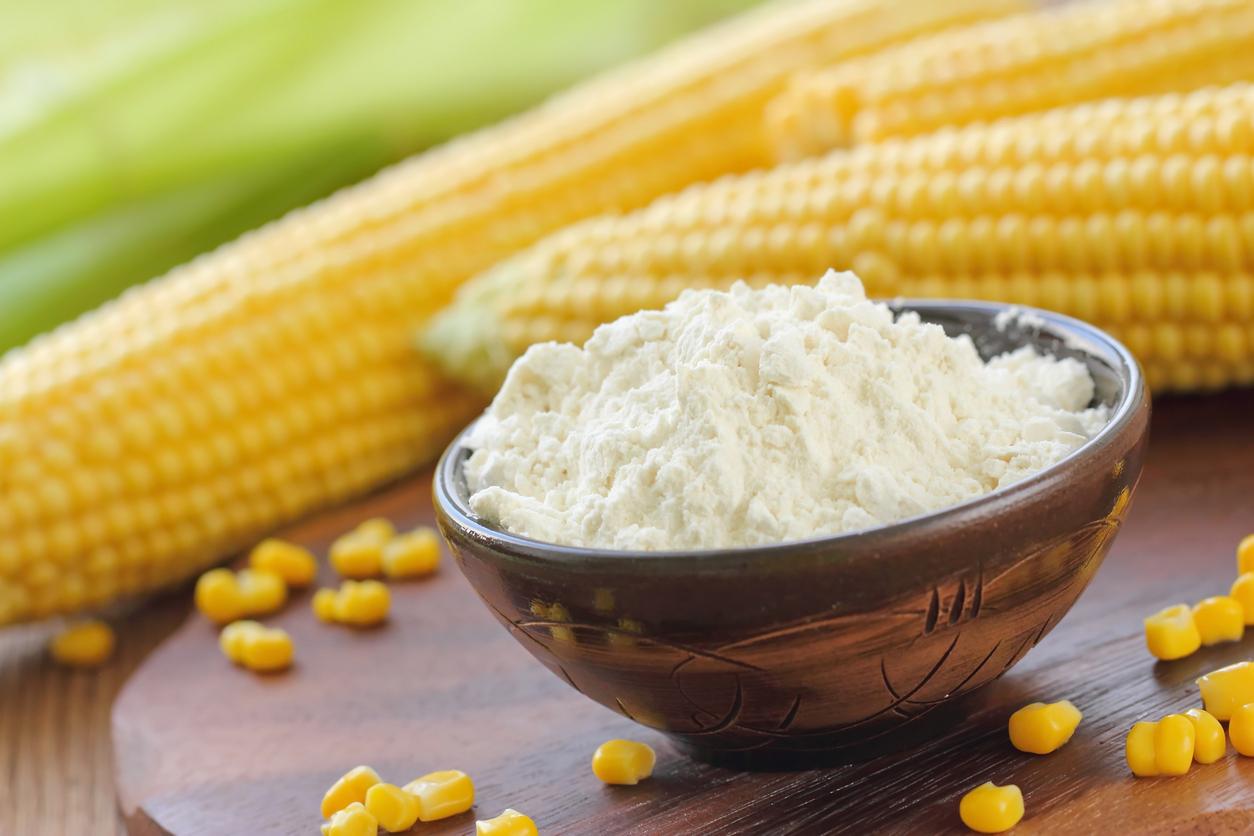Eating certain fibers and increasing the production of short-chain fatty acids in the intestine would improve insulin sensitivity and glucose control in obese or overweight people.

In a population of obese or overweight people, making the intestinal microbiota produce short-chain fatty acids by eating highly fermentable fibers plays an anti-inflammatory role throughout the body and improves insulin sensitivity. This result is obtained from a controlled study with all the methodological quality criteria, which is rare in nutrition. It is published in the journal gut.
A quality study
The study compared the administration of a highly fermentable dietary fiber precursor (inulin-propionate ester) to a diet high in poorly fermentable fiber (cellulose). Inulin-propionate ester is a food supplement in powder form, which is broken down by bacteria in the intestine into proprionate and then into a short-chain fatty acid.
It has already been demonstrated that short chain fatty acids (SCFA), which are therefore bacterial fermentation products of certain dietary fibers by bacteria in the colon, are involved in our metabolism sugars and improve insulin sensitivity.
An anti-inflammatory role
This new study analyzes the underlying mechanisms of inulin-propionate ester action. To do this, the researchers analyzed the intestinal bacterial composition, the plasma metabolome and the immune responses of 12 obese or overweight, but not diabetic, volunteers.
Each of them received either 20 grams per day of inulin-propionate ester, delivering propionate into the colon, a highly fermentable fiber, or the same amount of a non-fermentable fiber, cellulose, which plays the role of placebo, and this in sequences of 42 days. The scientists analyzed participants’ metabolic responses, inflammatory markers and gut bacterial composition.
The researchers found that the inulin-propionate ester improved insulin resistance, especially on an empty stomach. Inulin-propionate also promoted changes in bacterial populations (resulting in an increase in the number of actinobacteria and a decrease in the number of Clostridia). Specifically, it promoted a bifidogenic effect.
The limits of this research
According to the researchers, these data demonstrate that the administration of propionate into the colon in humans has a major physiological impact and that this benefit can be obtained by eating fermentable fiber or by taking a dietary supplement that delivers this type of fiber.
The improvement of insulin sensitivity favored by inulin-propionate being accompanied by different effects according to the populations of intestinal bacteria and the markers of systemic inflammation, new studies will be necessary, on a larger panel. of people.
It would have distinct effects on the intestinal microbiota (populations of bacteria in the intestine), on the plasma metabolome (used to identify new biomarkers announcing the risk of developing certain pathologies) and would reduce systemic inflammatory responses.

.

















